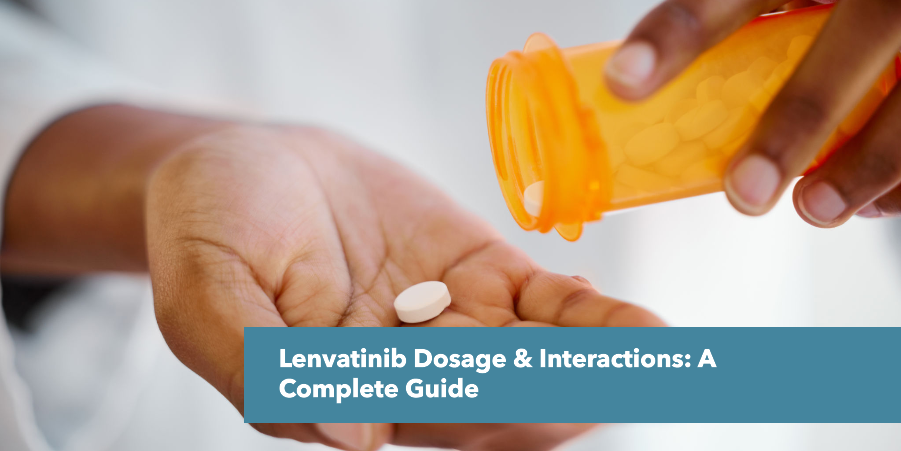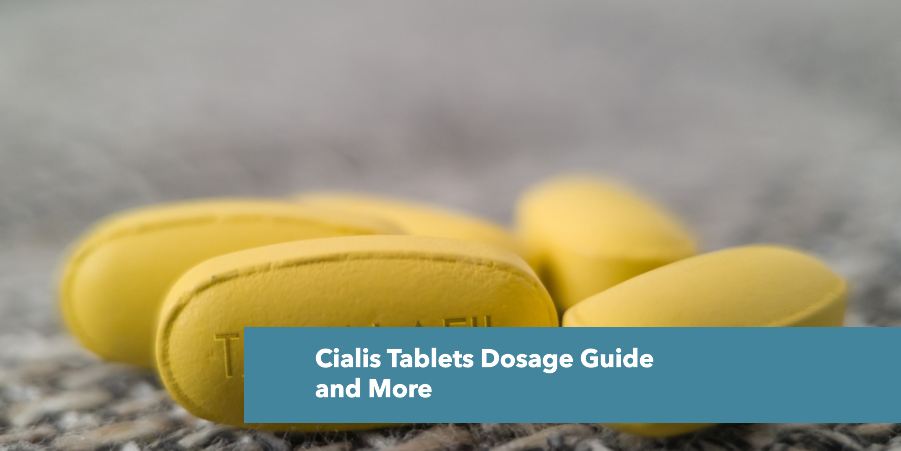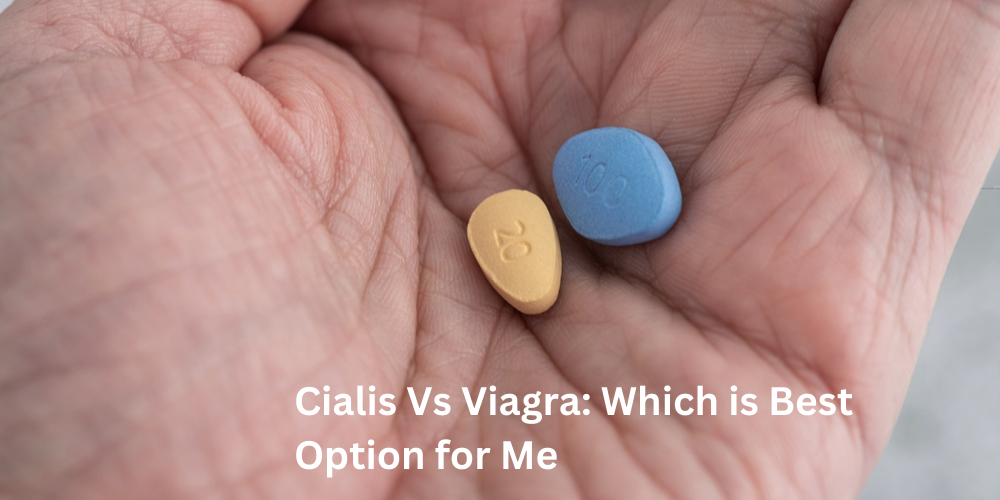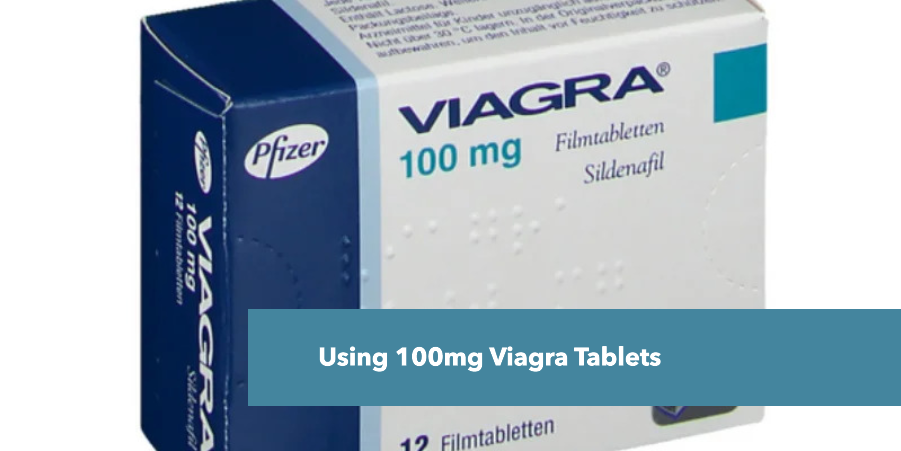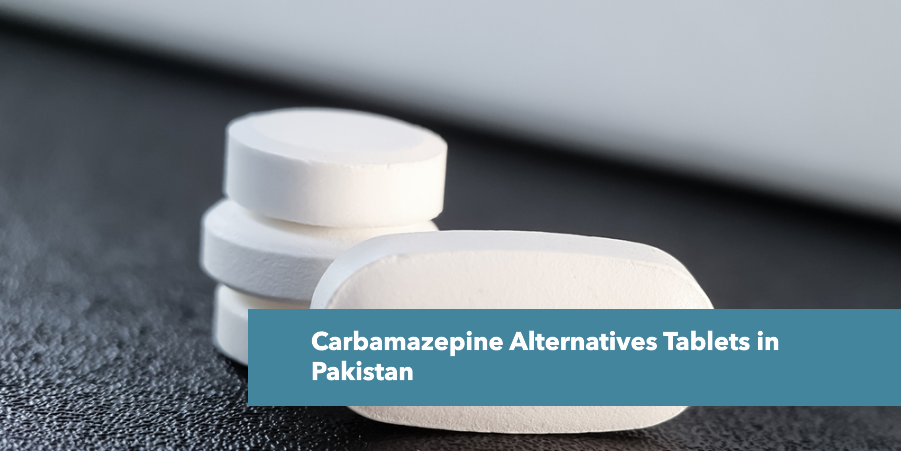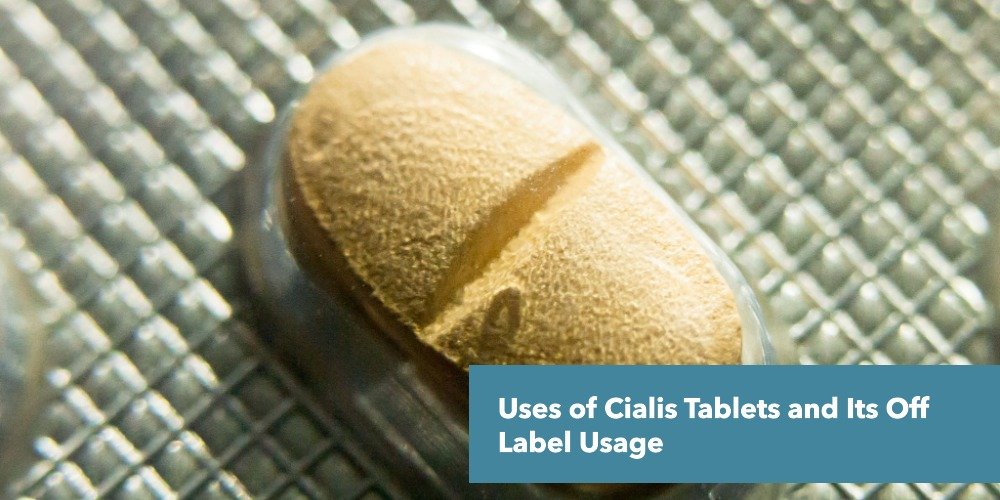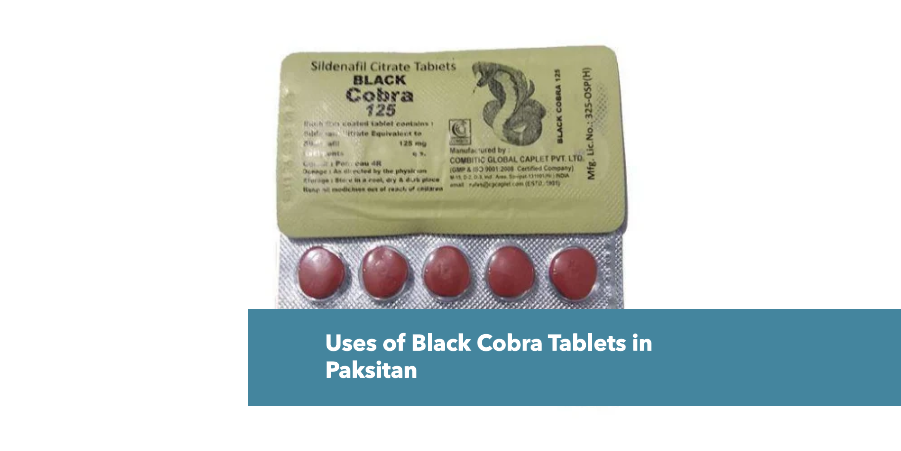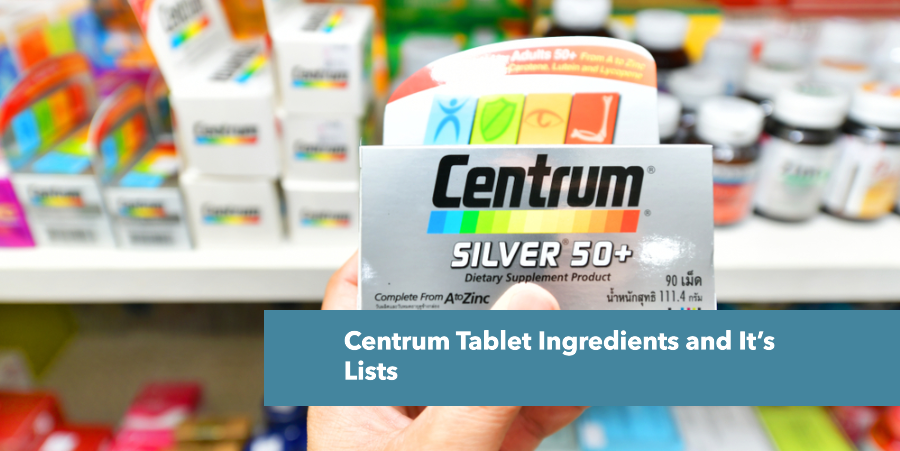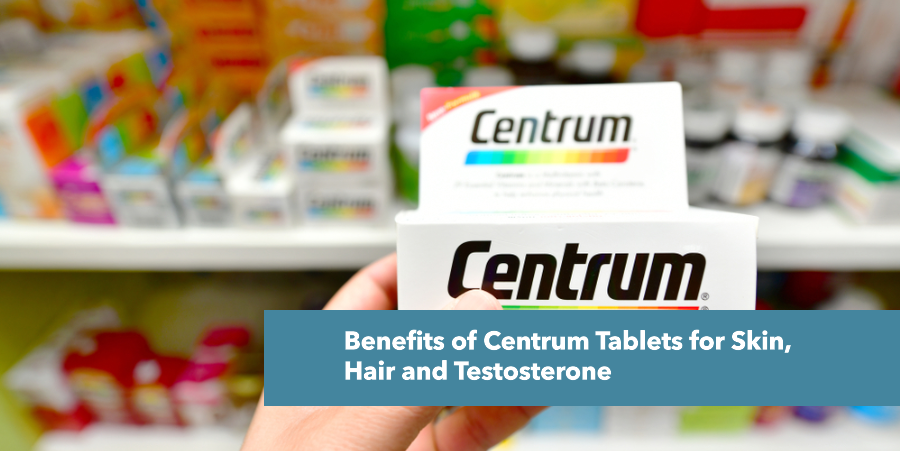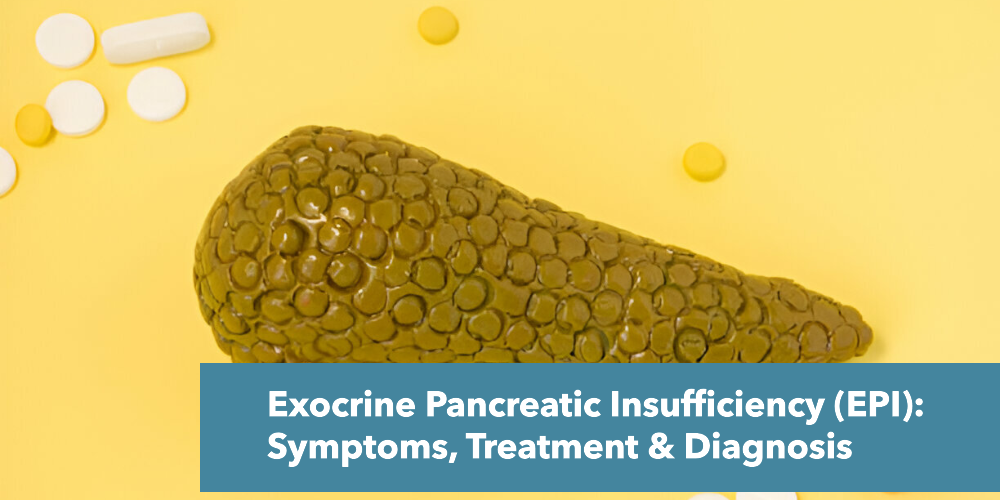What are the Uses of Lenvatinib?
Lenvatinib, marketed under the brand name Lenvima, is a receptor tyrosine kinase inhibitor primarily used in oncology to treat various types of cancer. Here’s how you can understand its applications:
Differentiated Thyroid Cancer (DTC): Lenvatinib is indicated for the treatment of locally recurrent or metastatic, progressive, radioactive iodine-refractory differentiated thyroid cancer. This means it is used when the cancer has spread and cannot be effectively treated with radioactive iodine therapy.
Renal Cell Carcinoma (RCC): It serves as a first-line treatment, in combination with pembrolizumab, for adult patients with advanced renal cell carcinoma. Additionally, it can be used alongside everolimus for those who have previously undergone at least one anti-angiogenic therapy.
Hepatocellular Carcinoma (HCC): Lenvatinib is approved for the first-line treatment of patients with unresectable hepatocellular carcinoma, which refers to liver cancer that cannot be surgically removed.
Endometrial Carcinoma: It is also utilized in treating advanced endometrial carcinoma that is not microsatellite instability-high (MSI-H) or mismatch repair deficient (dMMR). This treatment is often combined with pembrolizumab for patients who have experienced disease progression after prior systemic therapy and are not candidates for surgery or radiation.
What are the Recommended Dosages of the Lenvatinib?
Lenvatinib (Lenvima) has specific recommended dosages based on the type of cancer being treated and the patient’s body weight. Here’s a concise overview of the recommended dosages:
Recommended Dosages
Differentiated Thyroid Cancer (DTC):
Dosage: 24 mg orally once daily.
Formulation: Typically consists of two 10 mg capsules and one 4 mg capsule.
Duration: Continue until disease progression or unacceptable toxicity occurs.
Hepatocellular Carcinoma (HCC):
For Patients Weighing Less than 60 kg:
Dosage: 8 mg orally once daily (two 4 mg capsules).
For Patients Weighing 60 kg or More:
Dosage: 12 mg orally once daily (three 4 mg capsules).
Duration: Continue until disease progression or unacceptable toxicity occurs
Renal Cell Carcinoma (RCC)
As Monotherapy:
Dosage: Typically starts at 18 mg orally once daily when combined with everolimus.
As Combination Therapy with Pembrolizumab:
Dosage: 20 mg orally once daily, alongside pembrolizumab administered intravenously every three weeks
Endometrial Carcinoma:
Dosage: 20 mg orally once daily, in combination with pembrolizumab.
How Does Lenvatinib Work?
Lenvatinib works by targeting and blocking specific proteins in your body that help cancer cells grow and spread. These proteins are part of the signaling pathways that tumors use to form new blood vessels, a process called angiogenesis. By blocking these pathways, Lenvatinib helps to starve the cancer of the blood supply it needs to grow.
When you take Lenvatinib, it focuses on proteins like VEGFR, FGFR, and others involved in tumor growth. This action helps slow down or stop the progression of cancer, giving your body a better chance to fight back.
We use Lenvatinib as part of a treatment plan for certain cancers, such as thyroid, liver, or kidney cancer. It’s important to work closely with your healthcare team while taking this medication to manage any side effects and monitor how well it’s working for you.
What are the Side Effects of the Lenvatinib?
Lenvatinib can cause side effects, and while some people may experience only mild symptoms, others might face more severe issues. Here’s what you should be aware of:
Common Side Effects
Fatigue: You might feel unusually tired or low on energy.
Nausea and Vomiting: Digestive discomfort is relatively common.
Diarrhea: Loose or frequent bowel movements may occur.
Appetite Loss: Some people lose their desire to eat.
Weight Loss: This may be related to appetite changes or the medication itself.
High Blood Pressure: Regular monitoring is important, as Lenvatinib can elevate blood pressure.
Mouth Sores: These can cause discomfort when eating or drinking.
Stomach Pain: Abdominal discomfort may be a side effect.
Serious Side Effects
Liver Problems: Symptoms like yellowing of the skin (jaundice), dark urine, or pain in the upper right side of your stomach should be reported immediately.
Kidney Issues: Watch for decreased urine output or swelling in your legs or feet.
Heart Problems: Difficulty breathing, chest pain, or swelling in the hands and feet may signal a problem.
Blood Clots: Sudden leg pain, redness, or swelling could indicate a clot.
Severe Bleeding: Blood in your stool or coughing up blood are warning signs.
Thyroid Dysfunction: Lenvatinib can affect thyroid hormone levels, requiring monitoring.
Severe Diarrhea or Dehydration: If diarrhea becomes persistent or severe, it can lead to dehydration.
How Long Should Lenvatinib be taken?
The length of time you should take Lenvatinib depends on your specific condition, how well your body responds to the treatment, and any side effects you may experience. Typically, Lenvatinib is taken as a long-term treatment for as long as it is effective in controlling the cancer and the side effects are manageable.
Here are some general guidelines:
Until Disease Progression: You may continue taking Lenvatinib as long as your cancer is not getting worse, based on scans and tests, and you are tolerating the medication well.
Side Effect Management: If side effects become too severe, your doctor might lower your dose, pause the treatment, or stop it altogether.
Regular Monitoring: Throughout the treatment, you’ll have regular check-ups to assess how the medication is working and how your body is handling it. This includes imaging tests, blood tests, and discussions about your symptoms.
Differentiated Thyroid Cancer (DTC): In clinical trials, Lenvatinib has shown a median progression-free survival (PFS) of approximately 18.3 months, compared to just 3.6 months for placebo. The overall response rate (ORR) in treated patients was around 64.8%, demonstrating substantial effectiveness in prolonging disease control.
Hepatocellular Carcinoma (HCC): A study involving patients with advanced HCC reported a median PFS of 6.4 months for those with Child-Pugh A status and significantly lower survival for those with Child-Pugh B status, indicating that while Lenvatinib is effective, its success may vary based on liver function.
Renal Cell Carcinoma (RCC): Lenvatinib has been established as a first-line treatment option in combination with pembrolizumab, showing promising results in improving patient outcomes compared to traditional therapies.
Endometrial Carcinoma: In combination with pembrolizumab, lenvatinib has been effective for advanced endometrial carcinoma, although specific statistics on PFS and ORR were not detailed in the search results.
Are Lenvatinib Tablets Available in Pakistan?
Yes, lenvatinib tablets are available in Pakistan under various brand names. Here are some details:
Lenvanix:
Available in 4 mg and 10 mg capsule formulations.
Indicated for the treatment of differentiated thyroid cancer, unresectable hepatocellular carcinoma, and renal cell carcinoma.
Levagen: Available in a 10 mg capsule form, used for cancer treatment.
Lenvima: Available as 14 mg tablets, with prices ranging around Rs. 41,000/- to Rs. 48,000/.

